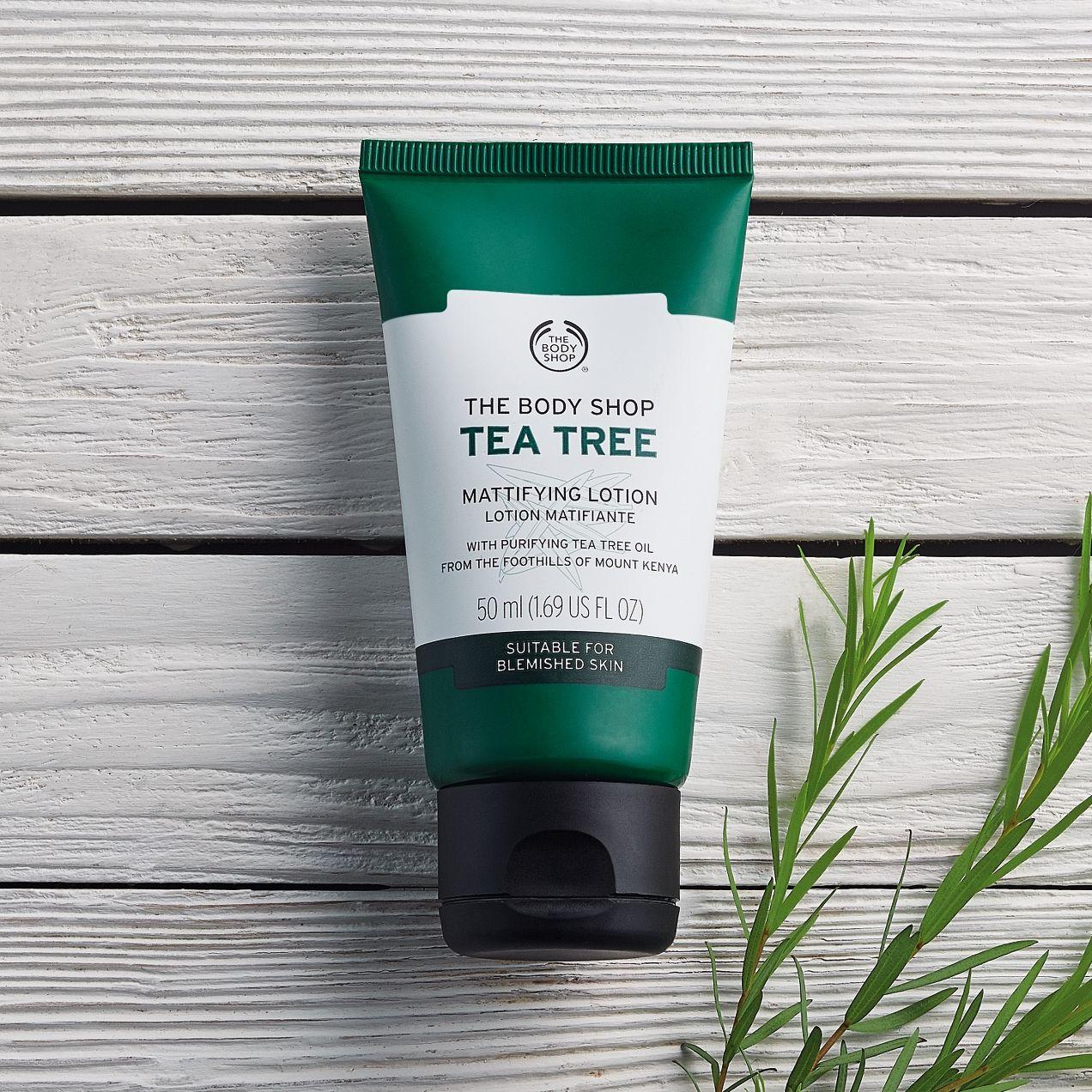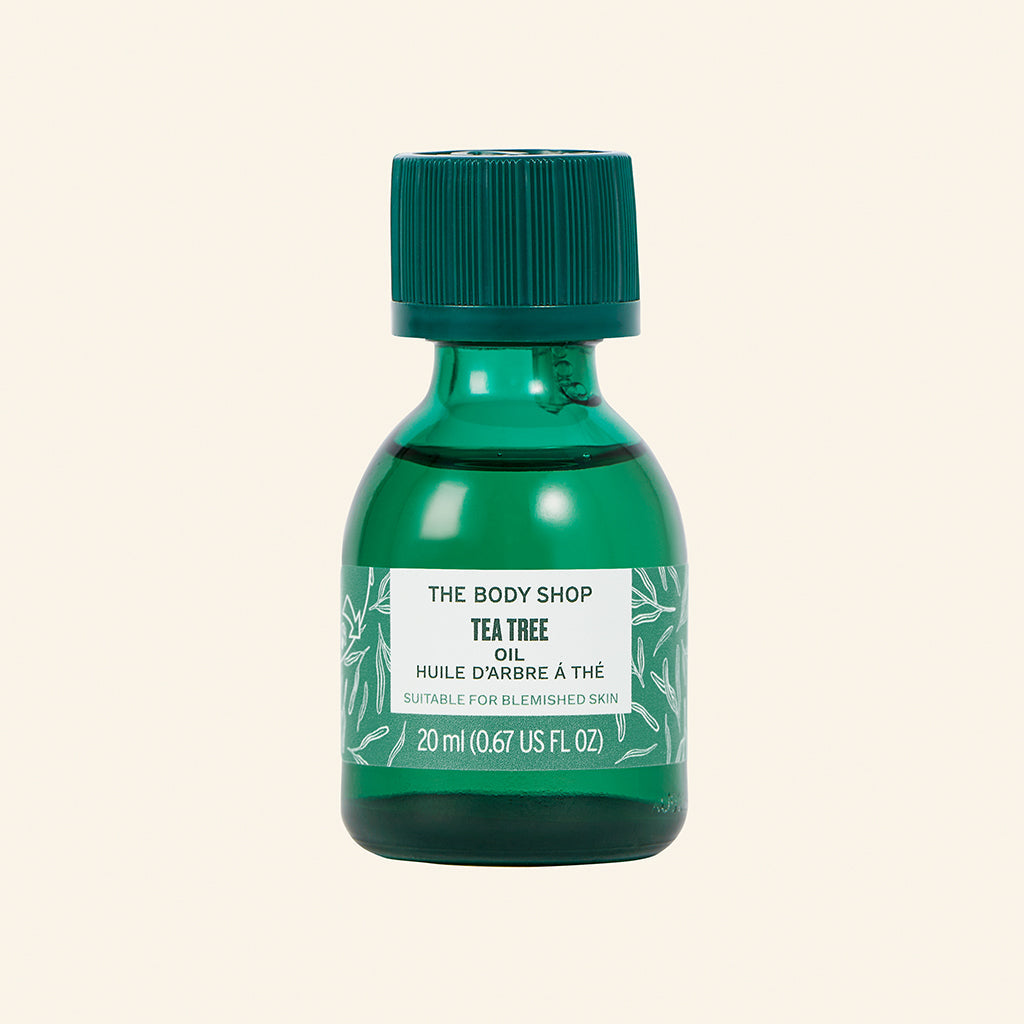The Body Shop Oil Tea Tree
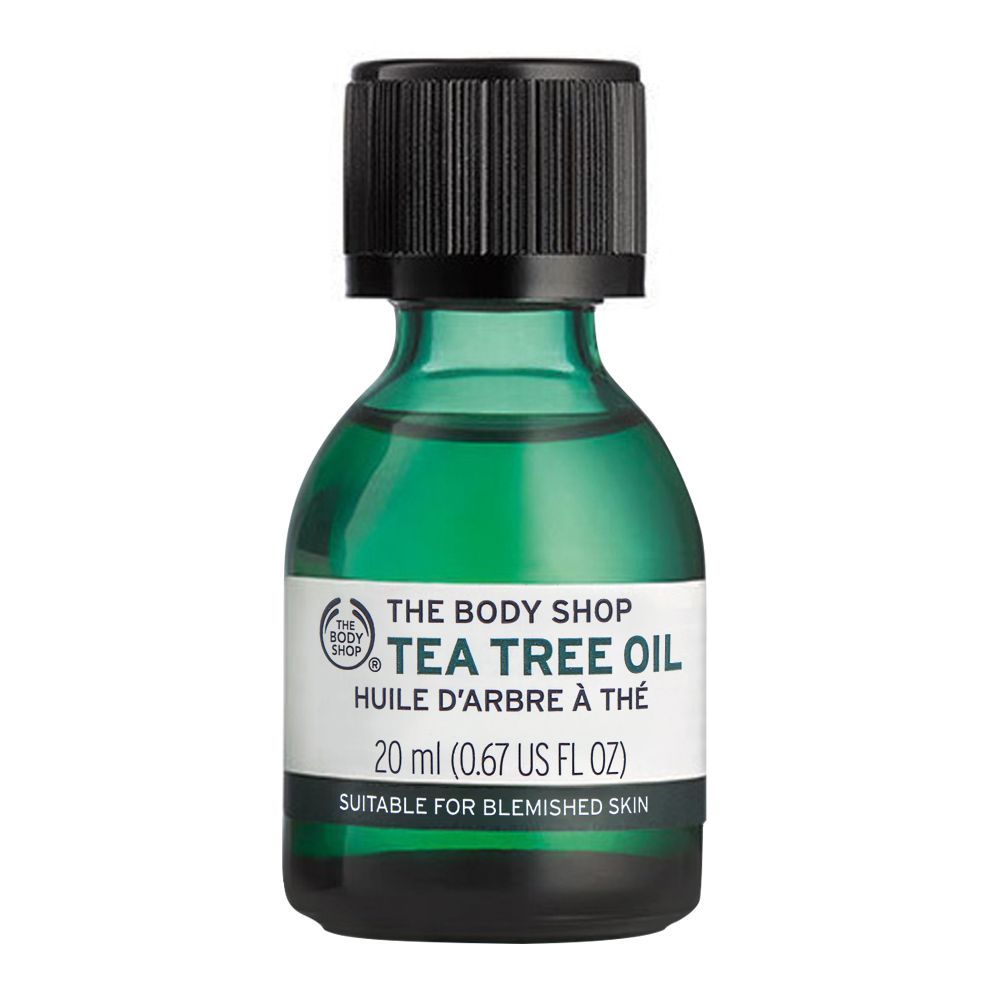
The Body Shop’s Tea Tree Oil, a staple in skincare routines for many, continues to be a subject of both praise and scrutiny. Celebrated for its purported blemish-fighting properties, the oil's popularity has propelled The Body Shop into a prominent position within the competitive skincare market.
This article examines the history, sourcing, potential benefits, and controversies surrounding this iconic product, drawing from scientific studies and consumer experiences to provide a comprehensive overview.
The Rise of Tea Tree Oil
Tea tree oil, derived from the leaves of the Melaleuca alternifolia tree native to Australia, has been used for centuries by Indigenous Australians for its medicinal properties.
The Body Shop, founded by Anita Roddick in 1976, was among the first mainstream companies to popularize tea tree oil globally, bringing it to a wider audience.
The company's commitment to ethical sourcing and natural ingredients resonated with consumers, contributing to the brand's success and the oil's widespread adoption.
Sourcing and Production
The Body Shop sources its tea tree oil primarily from the Kenya Organic Oil Farmers Association (KOOFA), a collective of small-scale farmers in Kenya.
This partnership provides a sustainable source of income for the farmers and ensures the oil is produced according to fair trade principles.
According to The Body Shop's official statements, the oil is extracted through steam distillation, a process that preserves its purity and potency.
Potential Benefits and Scientific Evidence
Tea tree oil is believed to possess antimicrobial, anti-inflammatory, and antiseptic properties, making it a popular remedy for acne and other skin conditions.
Several scientific studies have investigated the efficacy of tea tree oil in treating acne. A 2017 study published in the Australasian Journal of Dermatology found that tea tree oil was effective in reducing the number of acne lesions.
However, it's important to note that the concentration of tea tree oil used in these studies varied, and further research is needed to determine the optimal dosage and long-term effects.
Application and Precautions
The Body Shop recommends applying its tea tree oil directly to blemishes using a cotton swab.
Due to its potency, tea tree oil should be diluted before application, especially for individuals with sensitive skin. Undiluted tea tree oil can cause irritation, redness, and dryness.
It's also crucial to perform a patch test before using tea tree oil on a larger area of the skin to check for any allergic reactions.
Controversies and Criticisms
Despite its popularity, The Body Shop's Tea Tree Oil has faced some criticism.
Some consumers have reported experiencing skin irritation or allergic reactions after using the product. These reactions may be due to individual sensitivities or the concentration of tea tree oil in the formulation.
Another concern revolves around the environmental impact of tea tree oil production, including land use and water consumption. The Body Shop claims to address these concerns through sustainable farming practices and responsible sourcing, but these claims are constantly under scrutiny.
The Ethical Considerations
The Body Shop's commitment to ethical sourcing has been a cornerstone of its brand identity.
The partnership with KOOFA provides economic opportunities for Kenyan farmers and supports sustainable agriculture. According to The Body Shop, the partnership ensures fair wages, safe working conditions, and environmental protection.
However, independent audits and transparency initiatives are crucial to verify these claims and ensure that fair trade principles are consistently upheld.
The Future of Tea Tree Oil
The Body Shop’s Tea Tree Oil remains a popular choice for individuals seeking a natural remedy for blemishes.
Continued research into the efficacy and safety of tea tree oil is essential to provide consumers with accurate information and guide product development. Companies like The Body Shop must prioritize transparency and sustainability in their sourcing and production practices to maintain consumer trust and minimize their environmental impact.
As consumer awareness of natural ingredients and ethical sourcing grows, the future of tea tree oil will likely depend on the ability of companies to balance efficacy with responsibility.







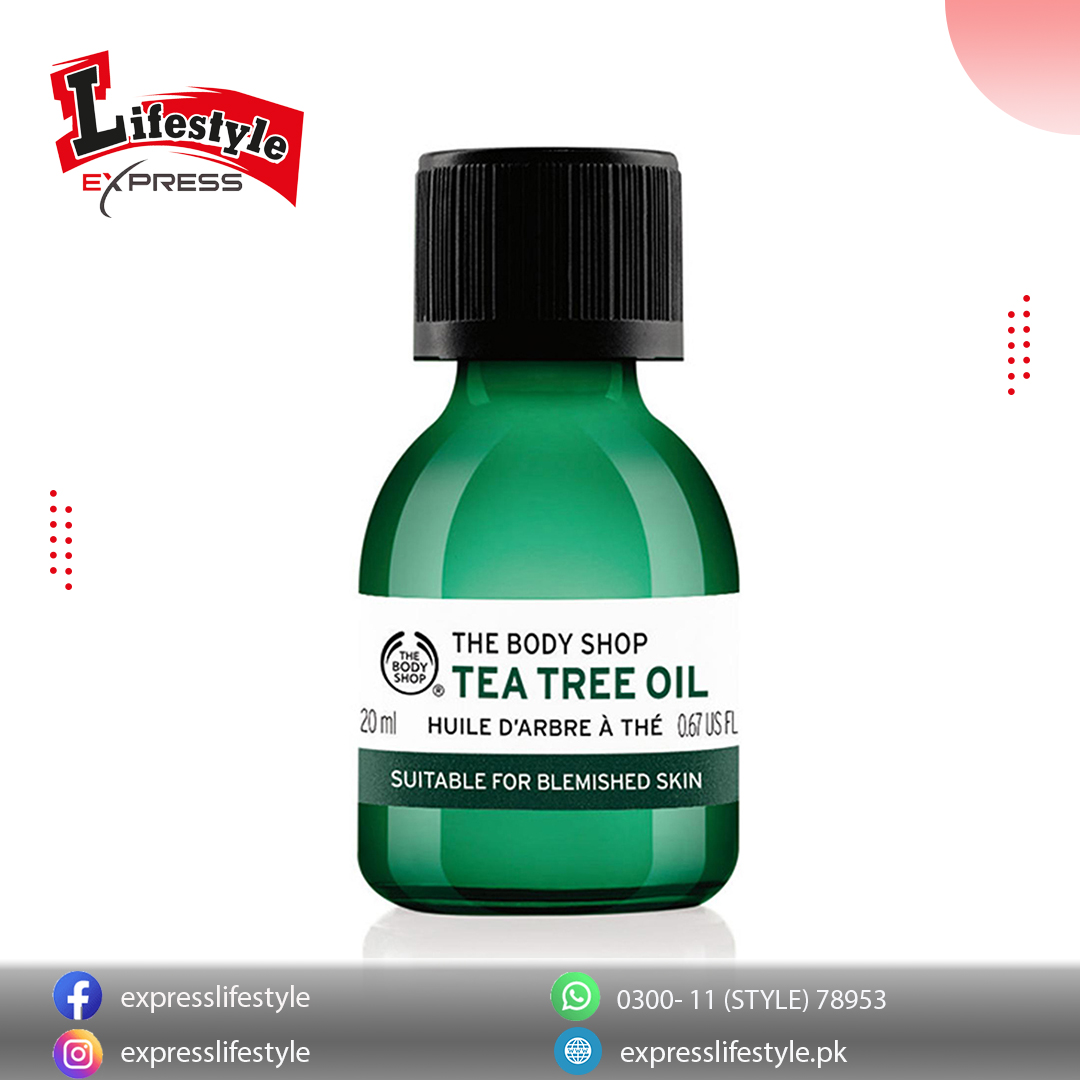

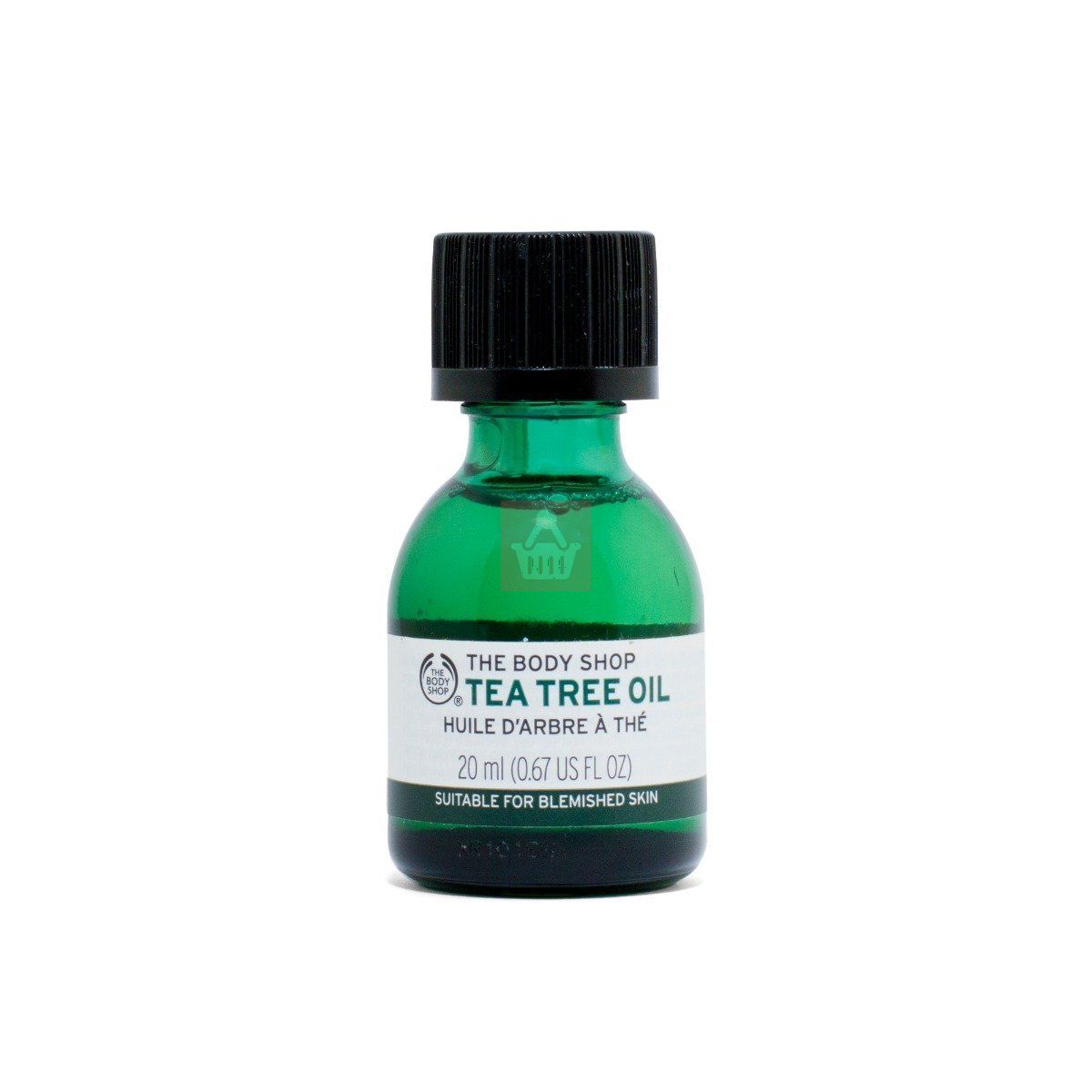


:format(webp)/https://static-hk.zacdn.com/p/the-body-shop-5388-5946306-1.jpg)
